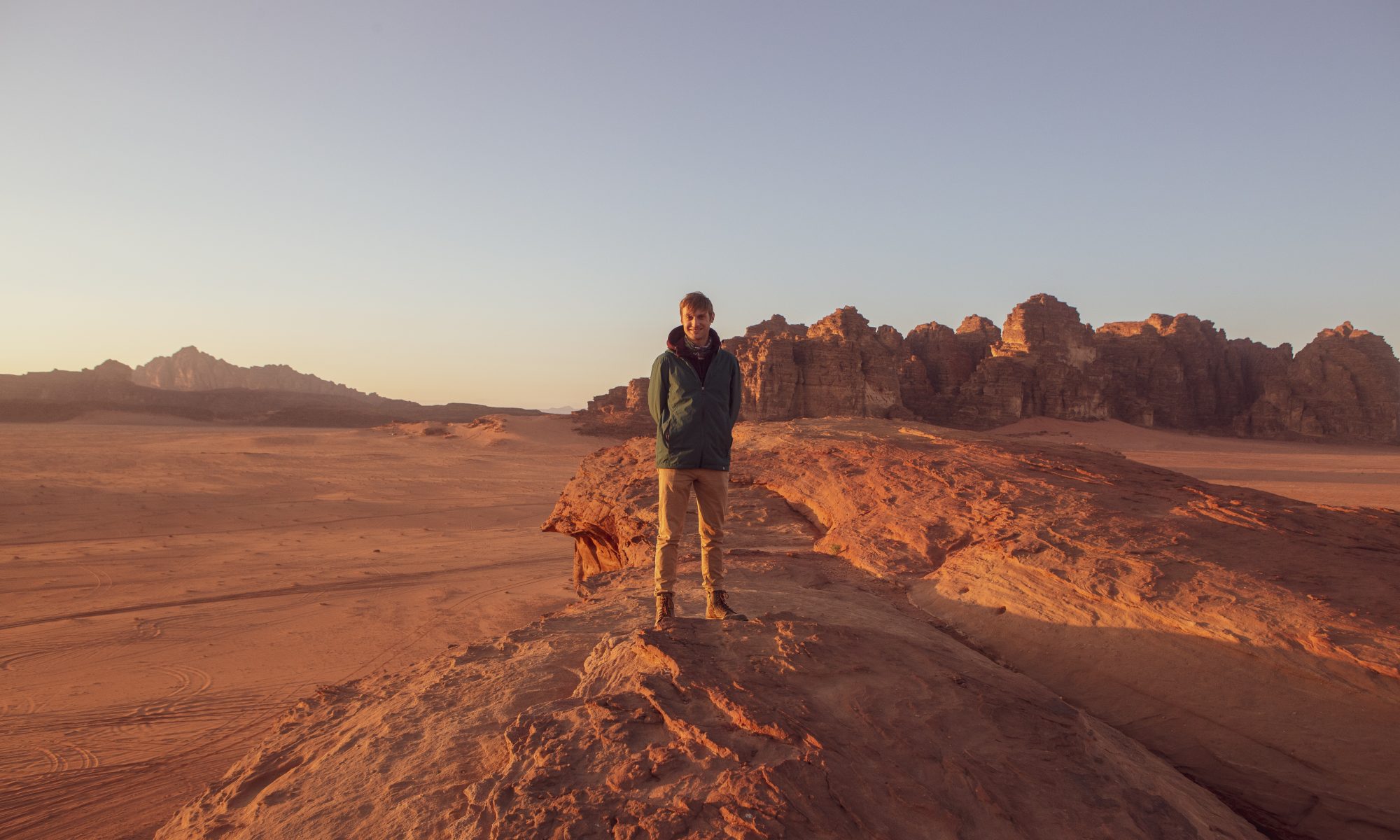These are all from an afternoon visit to some of the informal settlements in the city.
The first two photos are from the community of Dwarzark. It has about 40,000 residents. Its name comes from the surname of a man who lived in the community and owned machinery for crushing stones. People would say, “I’m going to Dwarzark.” And this became the name for the community. The community expanded during the 1990s as people came to the city during the war. In 1998, the community decided to organize into 10 divisions. The process happened during the 1998 World Cup – and the communities all chose their names based on qualified World Cup teams.
The first photo is a woman gathering water from a reservoir that collects water from the stream. The stream is named “George Brook” – which I misheard as “George Bush.” I’m relieved it’s the former.

The man in the second photo is Mr. Ibrahim, a respected community member who led me and a friend through the community.

The next three photos are of Portee Rokupa. The coastal community has about 70,000 residents. Its name comes from the phrase “Meet where the cup is.” In the 19th century, fishermen from the Temne tribe would cross the bay to sell fish and rest. There was a military base with a freshwater spring and a cup that the fishermen could use for drinking. The community is gradually expanding further into the water by building concrete barriers and filling them from behind with rubbish, topped with soil.
The third photo is of a school headmaster, Mr. Alimamy. He helps educate 300 children in a small building that he shares with local police.

The fourth photo shows one of the dozens of fishing boats in the community. Some of the larger boats carry upwards of 20 people.

The fifth photo shows women preparing smoked fish from a recent catch. They keep a close eye on the fire beneath the fish to prevent the flames from spreading to the wooden structure. They do this to provide for their families, but the process is certainly harmful to their lungs.

My friend who led me around also brought me to his community, Cockle Bay. Rather than having a police presence, the community elects a person to help resolve conflicts. This person can then discern whether problems merit police intervention or not. The community also coordinated to erect streetlights – something that more wealthy communities haven’t managed to achieve.
